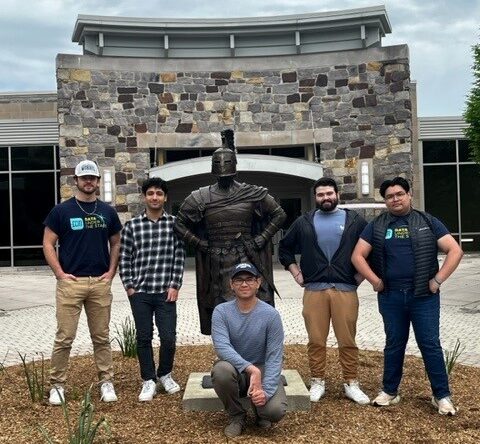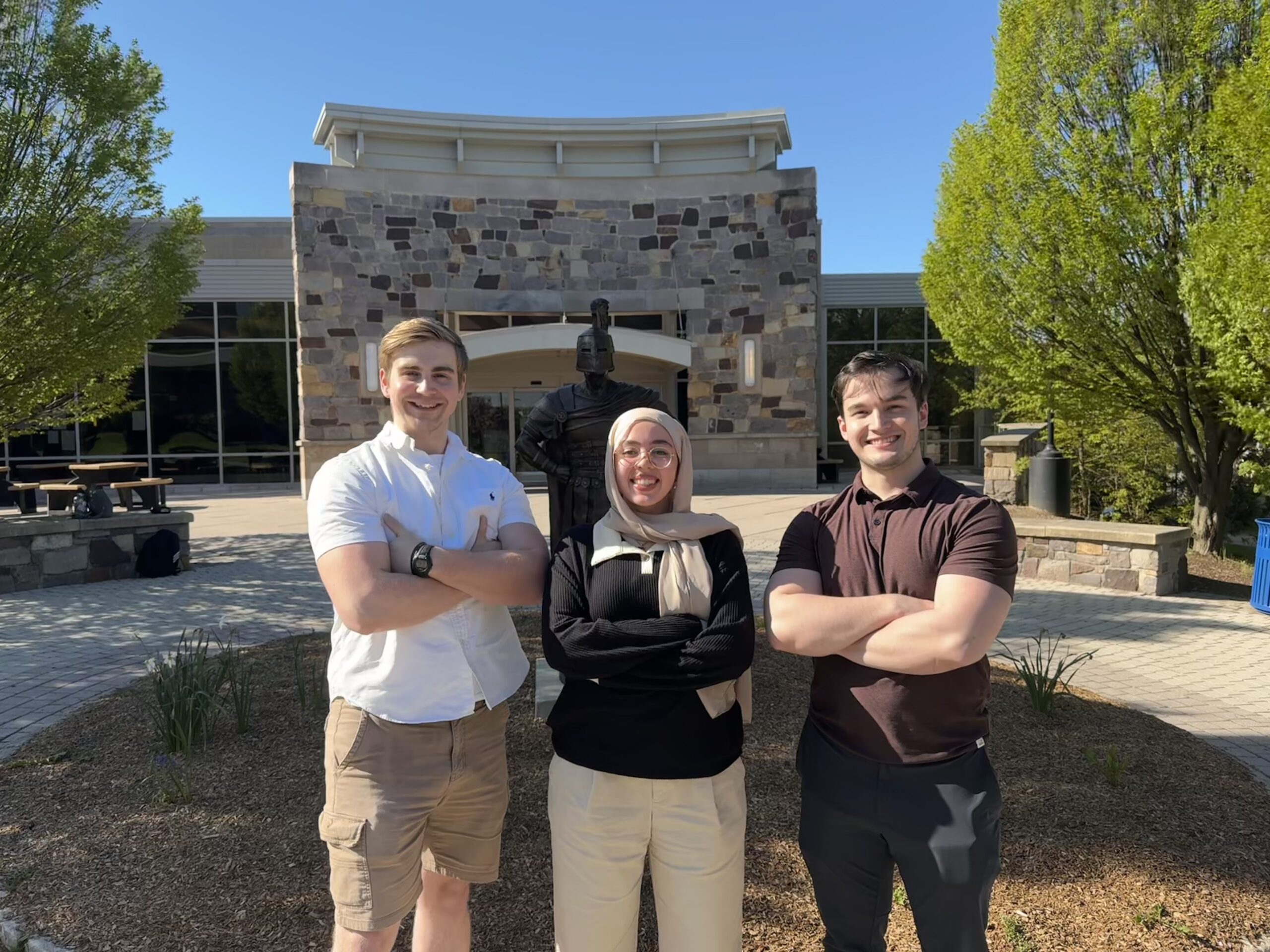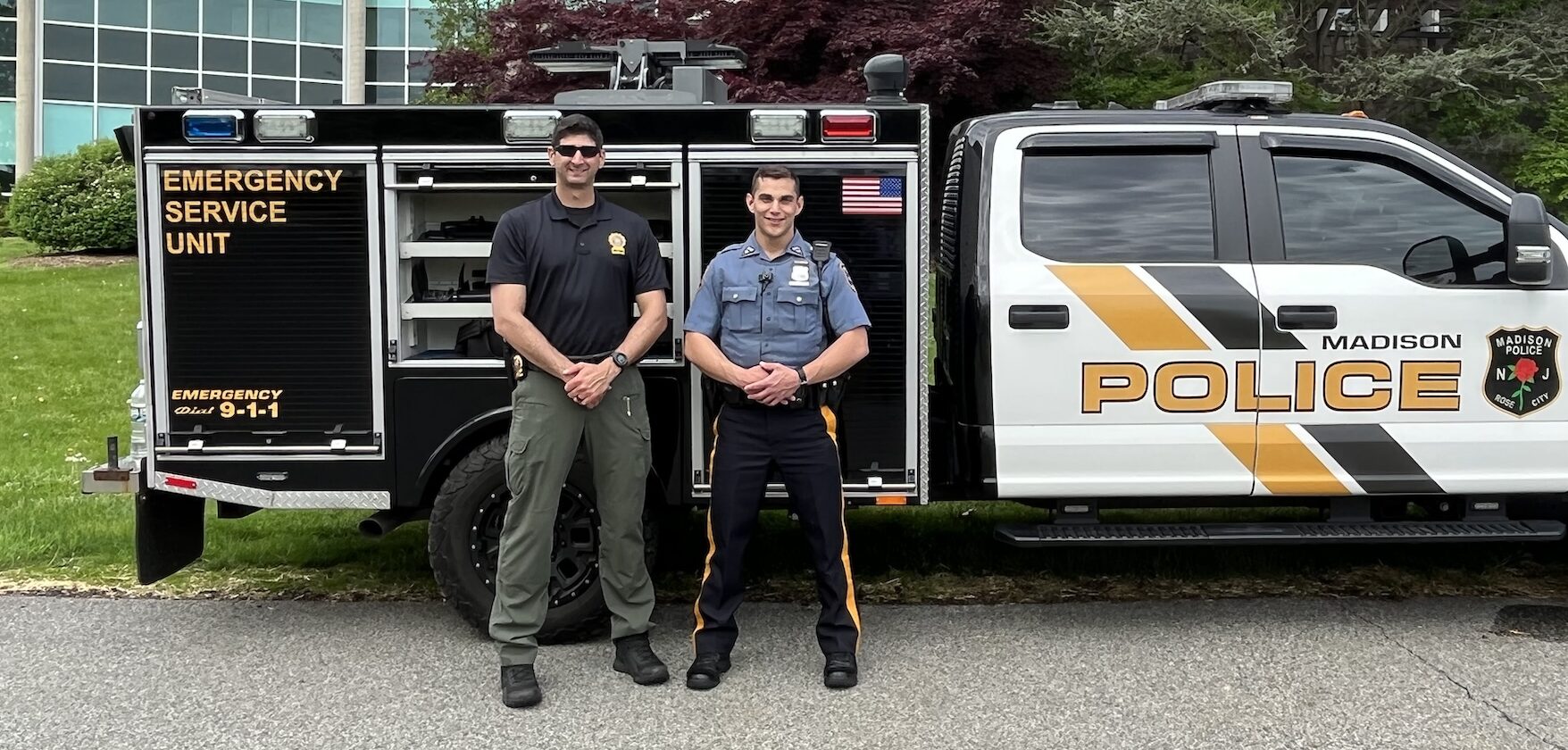What You Will Learn
Protect your community against the dangers of fire!
The Fire Science Technology Program presents you with opportunities for in the public sector as municipal firefighters, fire inspectors, fire investigators and fire protection engineers. Further opportunities are found in the private sectors as fire equipment manufacturers and vendors, governmental agencies, private industry and insurance industry.
As part of the Fire Science Technology Program at CCM, you will gain the technical and administrative knowledge in a variety of areas, including fire behavior, fire prevention, fire safety, hazardous materials, and building codes.
This degree not only can expand the knowledge of the volunteer firefighter, but also prepare the student for a job as a career firefighter and gain the skills for career advancement.
Curriculum
Our Fire Science Technology program features a 39-credit core of hands-on fire science courses such as Fire Prevention and Related Codes, Hazardous Materials and Fire Service Management plus a 21-credit general education foundation – meeting the demand of industry.
The associate degree program is designed for seamless transfer to a four-year college or university if you choose to do so upon graduation. CCM has transfer opportunities with New Jersey City University (NJCU) and John Jay College of Criminal Justice (CUNY).
Careers in the Field
An Associate of Applied Science degree in Fire Science Technology gives you a solid foundation to launch a career as a:
- Claims Adjuster/Examiner/ Investigator
- Deputy Fire Chief
- Emergency Services Coordinator
- Environmental Health and Safety Manager/Supervisor
- Fire Alarm/Sprinkler Technician
- Firefighter Paramedic
- Operations Manager
- Public Safety Telecommunicator
Why Study Fire Science Technology at CCM?
This degree program expand the critical knowledge if you serve as a volunteer firefighter preparing you academically for a career as firefighter and earn the credentials needed for career advancement.
The Fire Science Technology faculty teaching these courses have extensive experience as career professionals in the fire service. Gain knowledge in a variety of areas, including fire behavior, prevention, and safety.
It’s possible to also get credit through industry certification courses at the Morris County Emergency Services Academy. Those students that have completed Firefighter I through their local fire department receive 6 credits, for FST 101 and FST 102.
Paying for Your Fire Science Technology Education
There’s good news: Money is available to help you pay for school! Our Financial Aid staff can provide lots of information about the process of finding funds to help pay for your education.
Featured Courses
Hazardous Materials
A comprehensive study of the physical, chemical and toxicological characteristics of hazardous materials. This course includes basic methods of recognition and identification based upon the chemical and physical properties of hazardous materials, basic safety procedures when utilizing specific types of protective clothing and equipment, and basic tactical information relating to scene management.
Fire Prevention & Related Codes
This course provides students with basic knowledge of federal, state and local codes related to building construction, fire and life safety requirements, and other codes. Includes New Jersey state fire safety regulations and related state requirements. National Fire Protection Association (NFPA) and other standards related to fire protection and life safety are examined. Students who have completed their Fire Fighter 1 will receive credit for this course.
Introduction to Fire Science
This class is considered to be the foundation course for all students of Fire Science Technology. Students are introduced to the concept of the systems approach to fire protection by presenting the components of modern fire department responsibility including emergency incident management, public education, training, resource management and customer service. Students who have completed their Fire Fighter 1 will receive credit for this course.
Your Fire Science Faculty Advisor
Dr. William Solomons Department Chairperson
Email: wsolomons@ccm.edu
Office: Sheffield Hall, SH303
Office hours: T 10:00 AM-12:00 PM Online TH 10:00 AM-12:00 PM F 10:00 AM-12:00 PM
Phone: 973-328-5648
Specialization: Criminal Justice
Department: Criminal Justice






